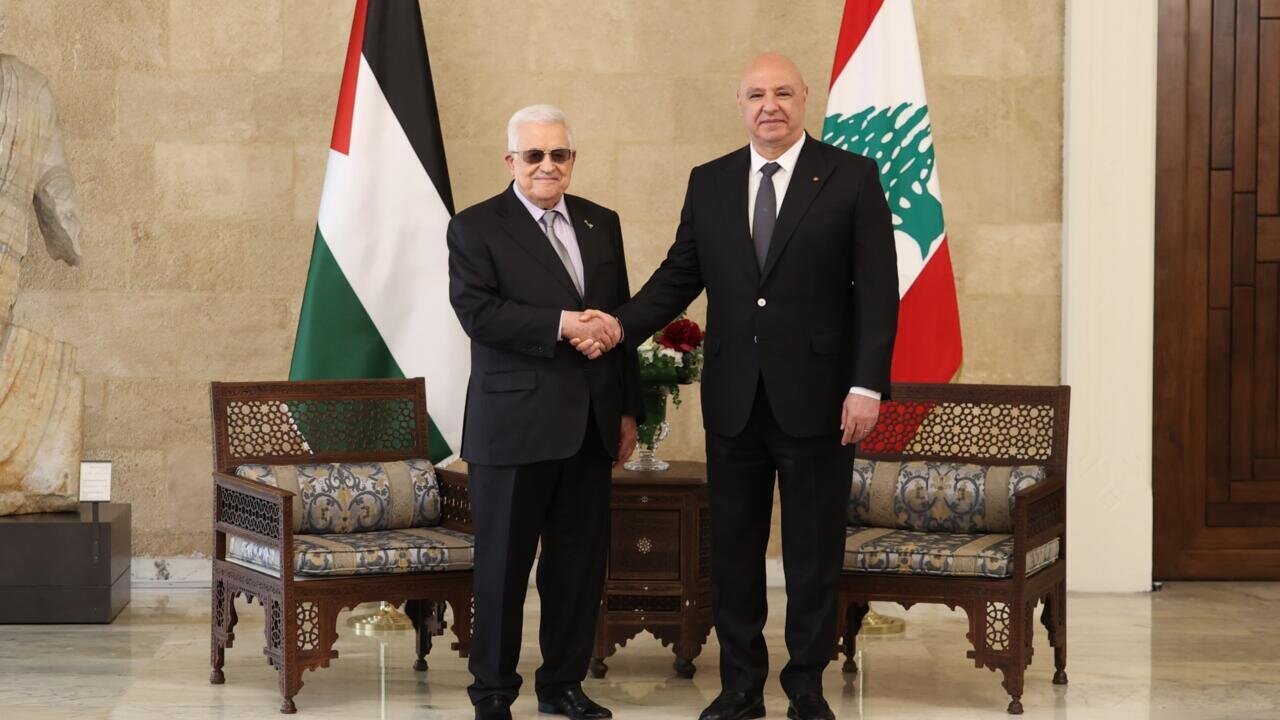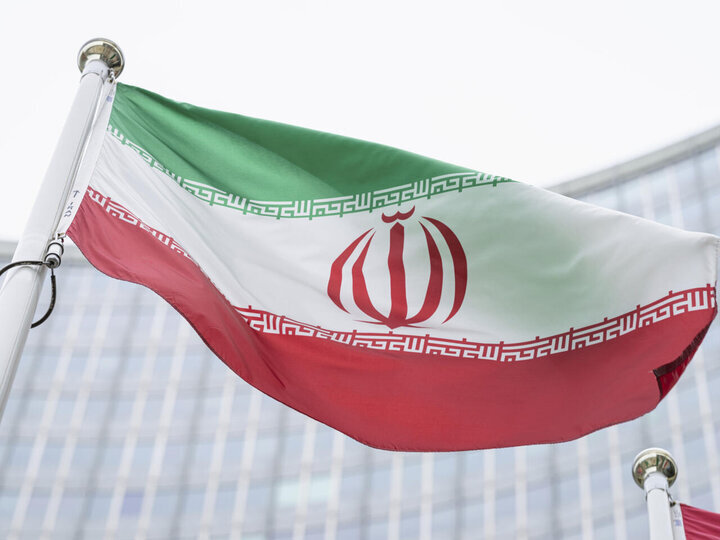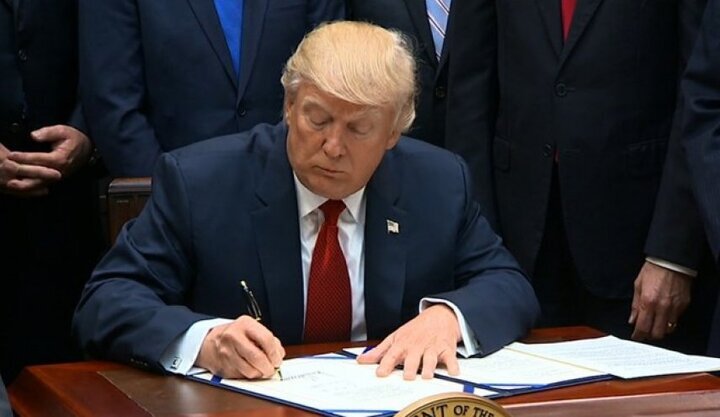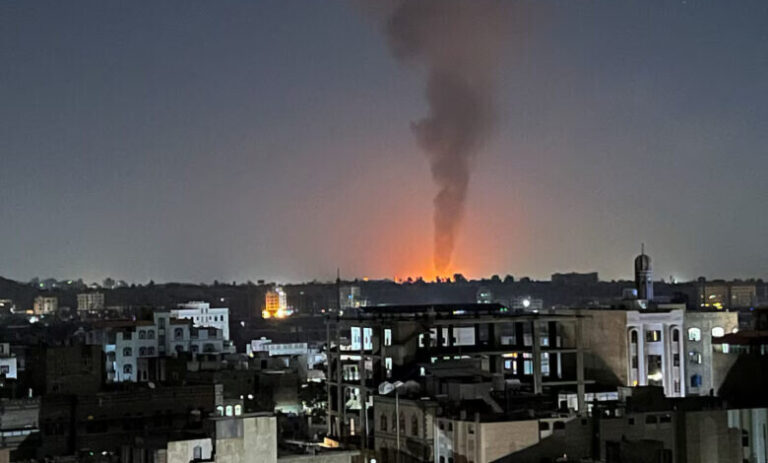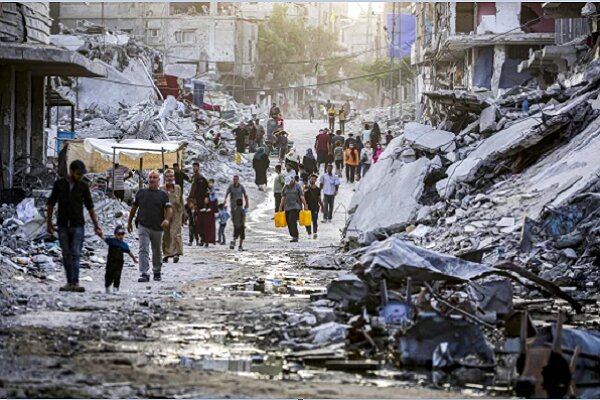Abbas Visits Beirut: Displaced Palestinians in the Spotlight Ahead of Ortagus Meeting
In recent developments regarding the Palestinian situation, Palestinian Authority President Mahmoud Abbas is set to visit Beirut ahead of the anticipated trip by Morgan Ortagus, President Donald Trump’s deputy special envoy for West Asia. This visit comes at a critical time as discussions about Palestinian rights and Lebanon’s sovereignty take center stage.
According to sources familiar with the matter, the Palestinian ambassador to Beirut, Ashraf Dabbour, has revealed that Lebanese President Joseph Aoun has expressed concerns over potential press conferences held by Abbas. The aim is to avoid any remarks that could escalate political tensions within Lebanon.
During his three-day visit, Abbas is expected to engage in discussions with Lebanese officials on several key issues:
- Full Control of Lebanese Territory: Talks will focus on how the Lebanese state can ensure complete control over its territory, particularly concerning Palestinian camps.
- Dismantling Military Infrastructure: There are plans to address the military presence of Palestinian factions within Lebanon.
In parallel, Morgan Ortagus’s visit is anticipated to occur either at the end of next week or early next month. She is known for making provocative statements, recently claiming that a “huge wave of transformations and changes is about to sweep [West Asia] all away.”
Reports suggest that Ortagus will bring a list of stringent American conditions aimed at pressuring Lebanon into joining normalization agreements with Tel Aviv. This normalization is positioned as a prerequisite for an Israeli withdrawal from occupied territories and for halting ongoing U.S.-led Israeli attacks.
Sources further indicate that Ortagus’s visit will address the status of Palestinians in Lebanon. The discussions may revolve around:
- Disarming Palestinian Factions: Similar measures taken in Syria may be proposed in Lebanon.
- Resettlement Issues: The Lebanese authorities may be urged to consider the resettlement of Palestinians rather than continuing the refugee status.
Recently, Lebanon’s Supreme Defense Council issued a warning to Hamas against utilizing Lebanese territory for launching rockets towards occupied Palestinian areas. This highlights the growing concern over the security situation in Lebanon amidst the complex relationship with Palestinian factions.
In light of these developments, the Lebanese security services have requested the Palestine Liberation Organization (PLO) to coordinate with remaining Palestinian factions. The aim is to establish a mechanism for the disarmament of these groups, as the current environment does not allow the Lebanese army to enter the camps without prior agreement.
However, the situation for Palestinian refugees, who have endured 77 years of displacement, raises serious humanitarian concerns. Many hoped that during his visit, Abbas would address the ongoing humanitarian crisis, especially in light of the systematic reduction of relief services provided by the United Nations Relief and Works Agency for Palestine Refugees in the Near East (UNRWA). This agency has faced significant challenges due to American and European pressures.
The core issue extends beyond the regulation of weapons within Palestinian camps. Many displaced Palestinians have suffered greatly under the policies of Fatah, leading to broader frustrations regarding their civil rights and treatment in Lebanon.
The pressing question is whether the Lebanese state will uphold the commitment made by President Joseph Aoun to respect the dignity of the Palestinian people residing in Lebanon. There is a significant concern about the marginalization of Palestinians, who are often regarded as sixth-class citizens.
Access to basic services is a fundamental human right. Palestinian refugees should be viewed as guests in Lebanon, a temporary situation until their rightful return to Palestine can be realized. The resettlement of Palestinians in Lebanon is a contentious and sensitive issue that many believe should be avoided at all costs.
Critics argue that Mahmoud Abbas’s political maneuvers seem to favor the interests of the Israeli occupation regime, raising doubts about the effectiveness of his leadership in addressing the needs and rights of Palestinians.
